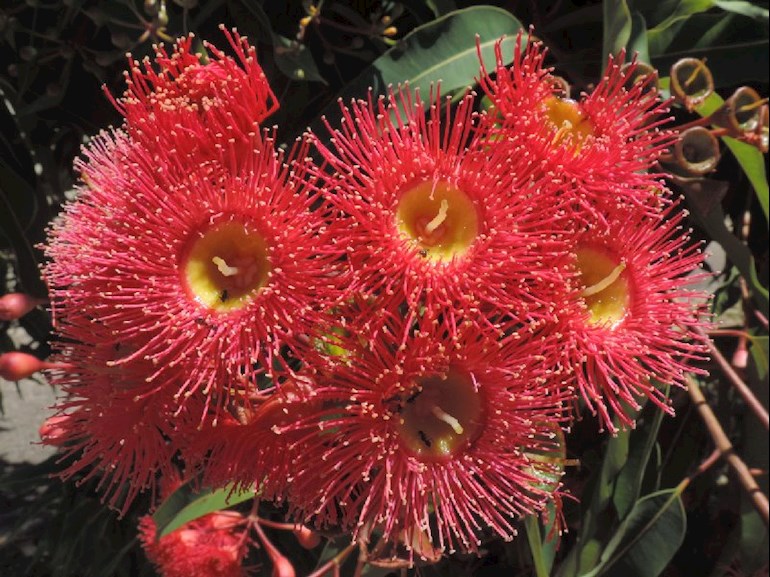I was amazed at how sugary foods dominated the Christmas grocery store catalogues, so obviously our societies love sugary treats during the festive season. While it's a common myth that sugar feeds cancer, a much better reason to reduce our sugar intake is to improve our overall health! (Our body cells and cancer cells actually preferentially burn carbohydrates, which includes the various sugars: healthunlocked.com/cllsuppo... )
Alessandro R Demaio, Global Health Doctor and Assoc. Researcher, University of Copenhagen provides seven tips on how to 'Understand sugar, be aware of it, minimise it and see it for what it is – a special treat for a rare occasion'.
theconversation.com/seven-e...
Take particular note of point 7 as you welcome in the New Year...
Be okay with sometimes
The final but crucial message in all of this is that eating or drinking sugar is not a sin. Sugar is still a part of our lives and something to enjoy in moderation. The occasional piece of cake, or late night chocolate – despite the popular narrative painted by industry to undermine efforts for true pricing on sugar – these occasional sweet treats are not the driving challenge for obesity. The problem is that sugary drinks, and sugar in our foods, have become every day occurrences.
With this in mind, let’s not demonise sugar but instead let’s see it for what it is. Enjoy some juice or bubbles from time to time but make water the default on an everyday basis. With the average can of cola containing 39 grams or 9 teaspoons of sugar, be OK with sometimes.'
Previous posts on sugar:
healthunlocked.com/search/s...
Neil
Photo: Australian natives, such as these eucalyptus (gum) blossoms, know how addictive sugars are to birds, bees and ants...
